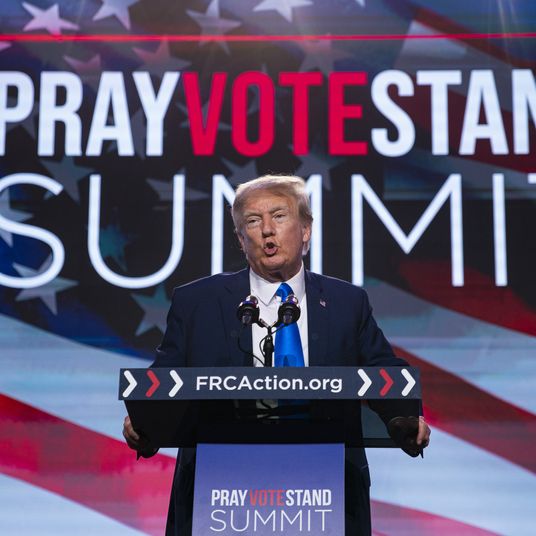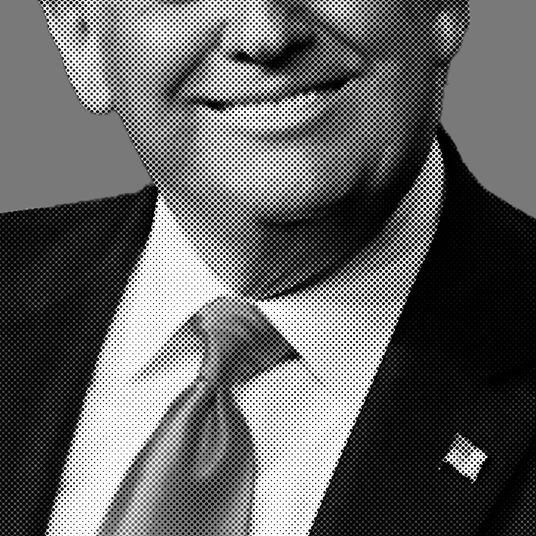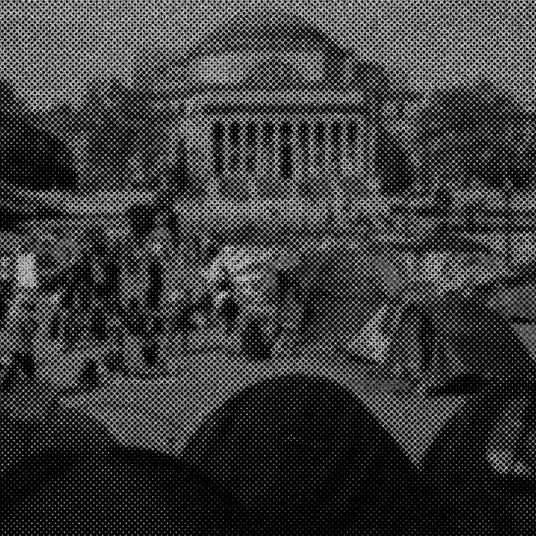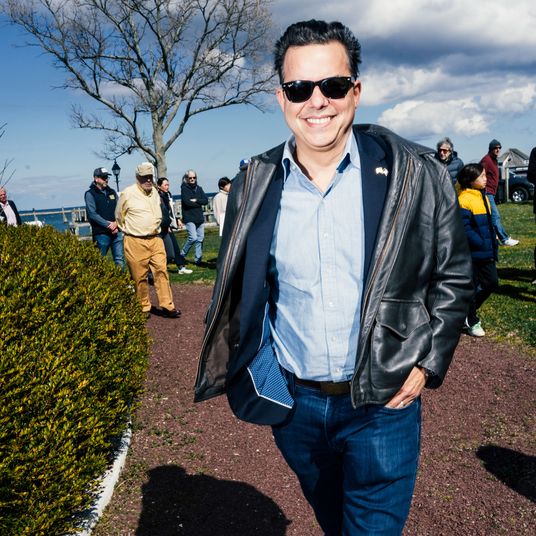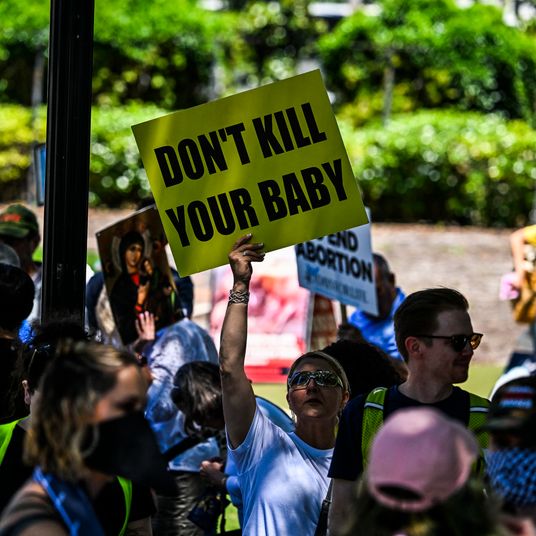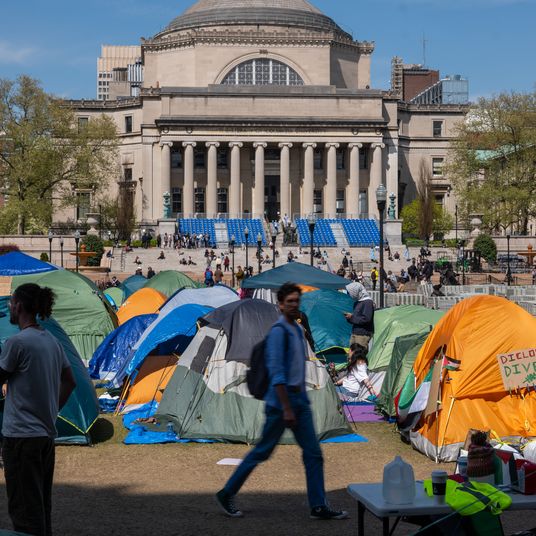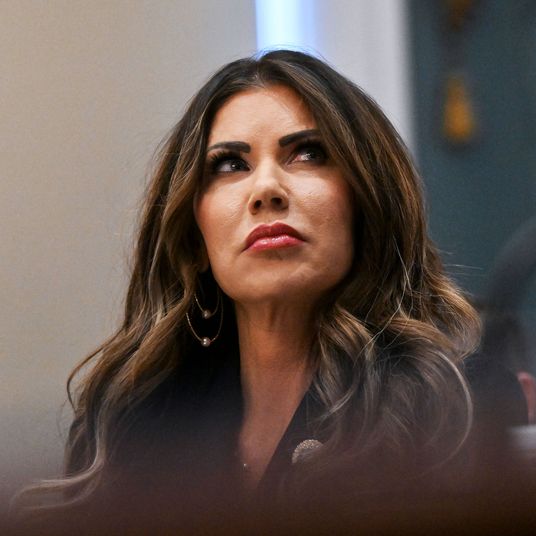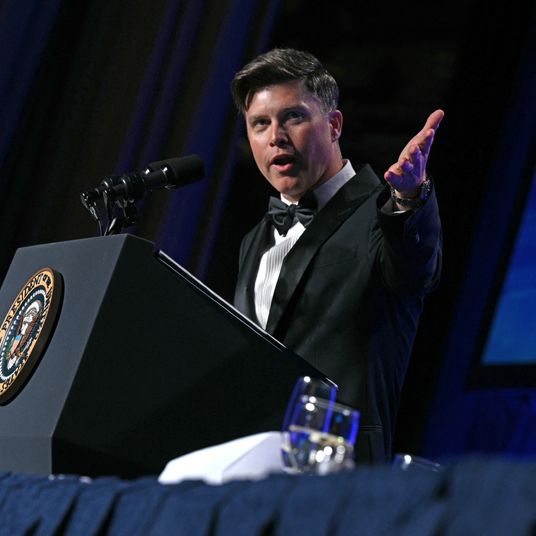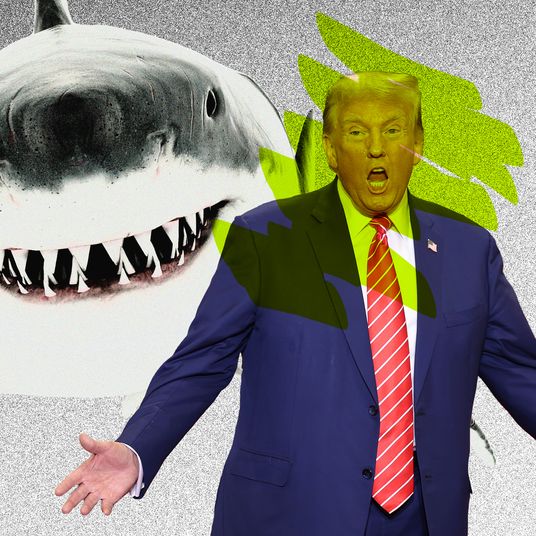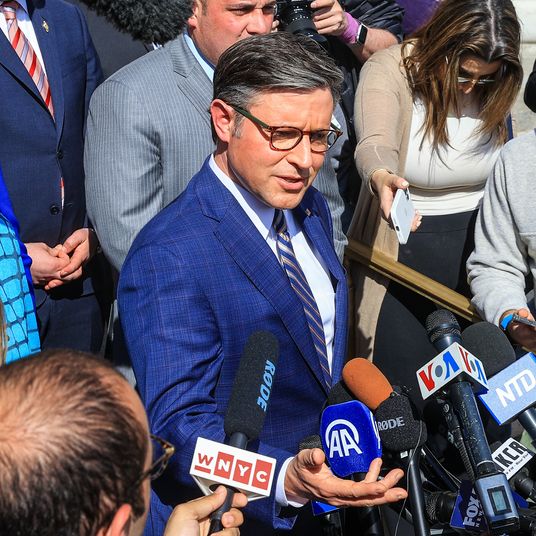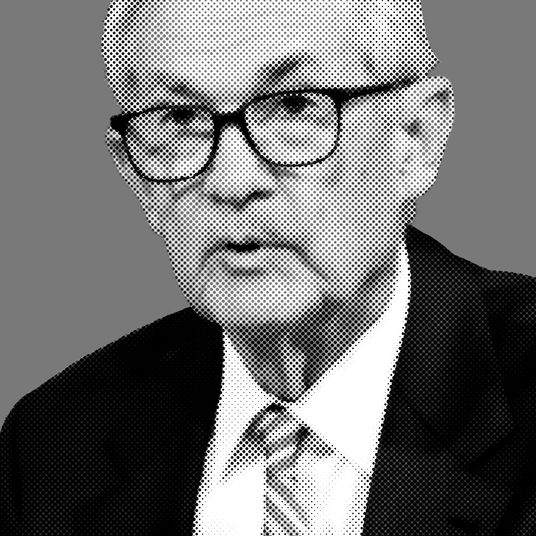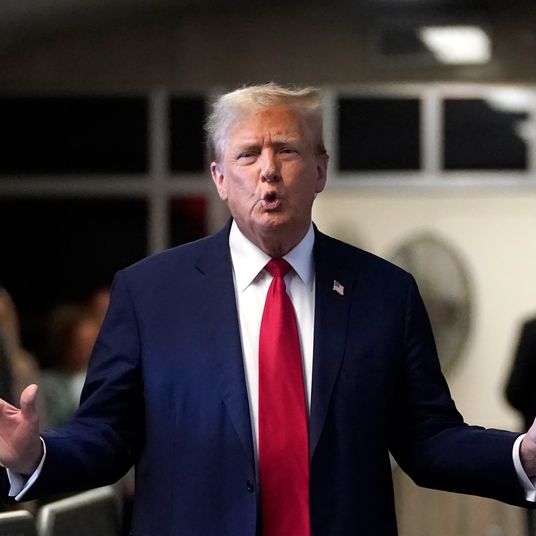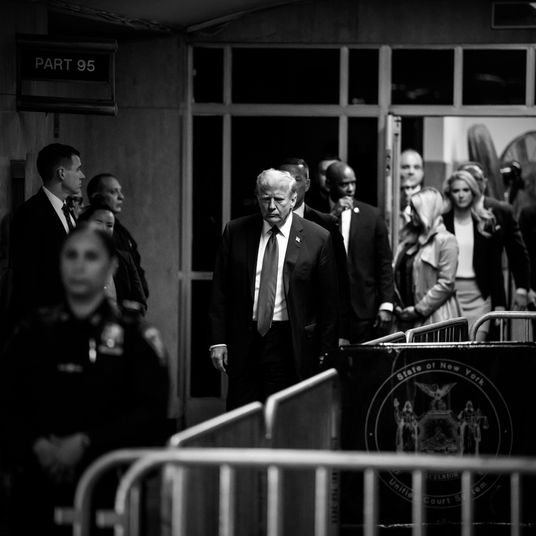NPR reporter Uri Berliner wrote an essay for The Free Press arguing that the network has lost chunks of its audience by growing too dogmatically progressive. Some of the evidence supports his claim. Unfortunately, he undermines his case by leading with an example that in no way vindicates the thesis, and actually undermines it: coverage of the Trump-Russia scandal.
Berliner presents the story as a nothingburger that NPR breathlessly hyped and then ignored when it turned out to exonerate the president:
“Persistent rumors that the Trump campaign colluded with Russia over the election became the catnip that drove reporting. At NPR, we hitched our wagon to Trump’s most visible antagonist, Representative Adam Schiff.
Schiff, who was the top Democrat on the House Intelligence Committee, became NPR’s guiding hand, its ever-present muse. By my count, NPR hosts interviewed Schiff 25 times about Trump and Russia. During many of those conversations, Schiff alluded to purported evidence of collusion. The Schiff talking points became the drumbeat of NPR news reports.
But when the Mueller report found no credible evidence of collusion, NPR’s coverage was notably sparse. Russiagate quietly faded from our programming.”
Even though Republicans have repeated this ad nauseam to the point where The Free Press would blithely state it as fact, it is simply not true that the Mueller report “found no credible evidence of collusion.”
First, establishing “collusion” was explicitly not the objective of the Mueller investigation. Mueller saw his job as identifying criminal behavior. Collusion is not a crime. The Mueller report stated clearly that it was not attempting to prove whether or not Trump colluded with Russia:
In evaluating whether evidence about collective action of multiple individuals constituted a crime, we applied the framework of conspiracy law, not the concept of “collusion.” In so doing, the Office recognized that the word “collud[e]” was used in communications with the Acting Attorney General confirming certain aspects of the investigation’s scope and that the term has frequently been invoked in public reporting about the investigation. But collusion is not a specific offense or theory of liability found in the United States Code, nor is it a term of art in federal criminal law. For those reasons, the Office’s focus in analyzing questions of joint criminal liability was on conspiracy as defined in federal law.
Nonetheless, Mueller found extensive evidence of collusion between the Trump campaign and Russia. The evidence was summarized in a report by Just Security. It uncovered multiple secret meetings and communications between the two, including, but not limited to. Trump campaign officials met with Russian agents in Trump Tower and were receptive to the offer of campaign assistance; Russian agents shared with Trump their plan to leak embarrassing emails; Trump’s campaign manager shared polling data with a figure linked to Russian intelligence; Trump appeared to have advance knowledge of the timing of the release of stolen Russian emails; and the campaign and Russia coordinated a response to Obama administration sanctions punishing Russia for its efforts on Trump’s behalf.
But because collusion is not a crime, Mueller refrained from stating an opinion as to whether this extensive pattern of furtive meetings in pursuit of a shared objective constituted “collusion.”
There was an investigation into whether Trump’s campaign colluded with Russia. That investigation was conducted by the bipartisan Senate Intelligence Committee. And that report found even more evidence of collusion, including multiple links between Russian intelligence and the Russian figures interfacing with Trump’s campaign. The Senate identified Konstantin Kilimnik, the business partner of Trump campaign manager Paul Manafort, as a Russian intelligence agent. And it found two pieces of evidence that “raise the possibility of Manafort’s potential connection to the hack-and-leak operations” — the most direct kind of collusion — that it redacted for national-security reasons.
The Senate Intelligence report came out more than a year after the Mueller report and received a fraction of the media attention devoted to Mueller. But that disparity is not, as Berliner frames it, evidence of anti-Trump bias. It’s evidence of the opposite. The news media allowed Trump’s “no collusion” to misleadingly frame Mueller’s investigation and then buried the report that did investigate collusion.
In my experience, if you tell a conservative that there’s a damning story about a Republican the mainstream media ignored, they’ll look at you like you said there are live aliens in a government building. They’re not wrong that the mainstream media has a great deal of liberal bias.
In my view, though, that bias exerts the strongest impact on cultural coverage and on siloed social liberal beats, especially ones related to identity politics, that often simply treat progressive activists as authority figures and convey their perspective uncritically. The New York Times became the target of left-wing protests because it covered the youth gender-medicine story with traditional journalistic methods rather than simply regurgitating activist talking points, as many other publications have done. The Times continues to stand out from other American media institutions in its idiosyncratic decision to cover divisions within the youth gender medical field. The Times wrote about a major new U.K. report finding casting doubt on medicalization of gender-questioning youth, but most American news outlets have covered the story in the same way Fox News covers stories that embarrass Republicans: not at all.
Yet that bias on social liberalism and culture does not equate to coverage of hard political news, which still retains the traditional features of reporting the claims of both parties. Both the mainstream media and its critics would benefit from thinking more carefully about the very different ways parts of their organizations have treated norms of objectivity.
Berliner thinks the Russia story is evidence the news media is hopelessly biased to the left. If anything, his misunderstanding of the story shows the bias is not as bad as he thinks.







